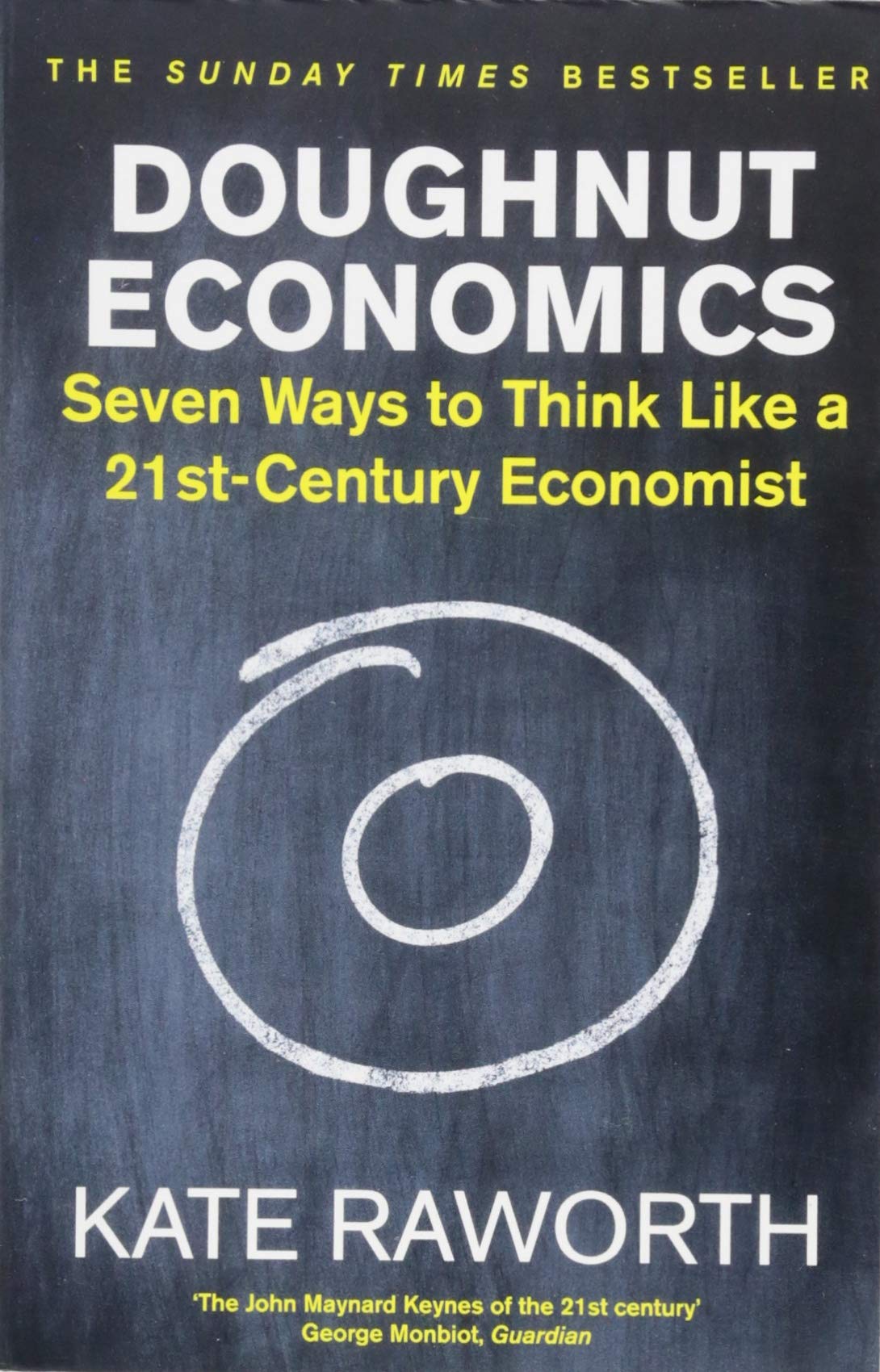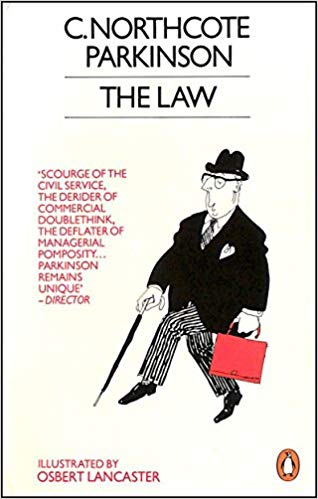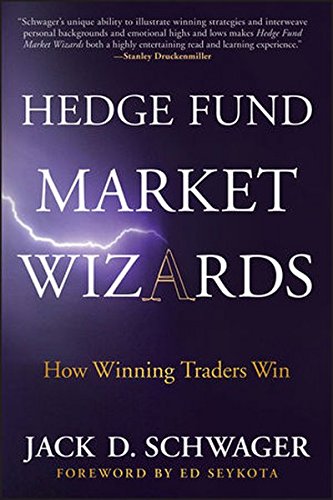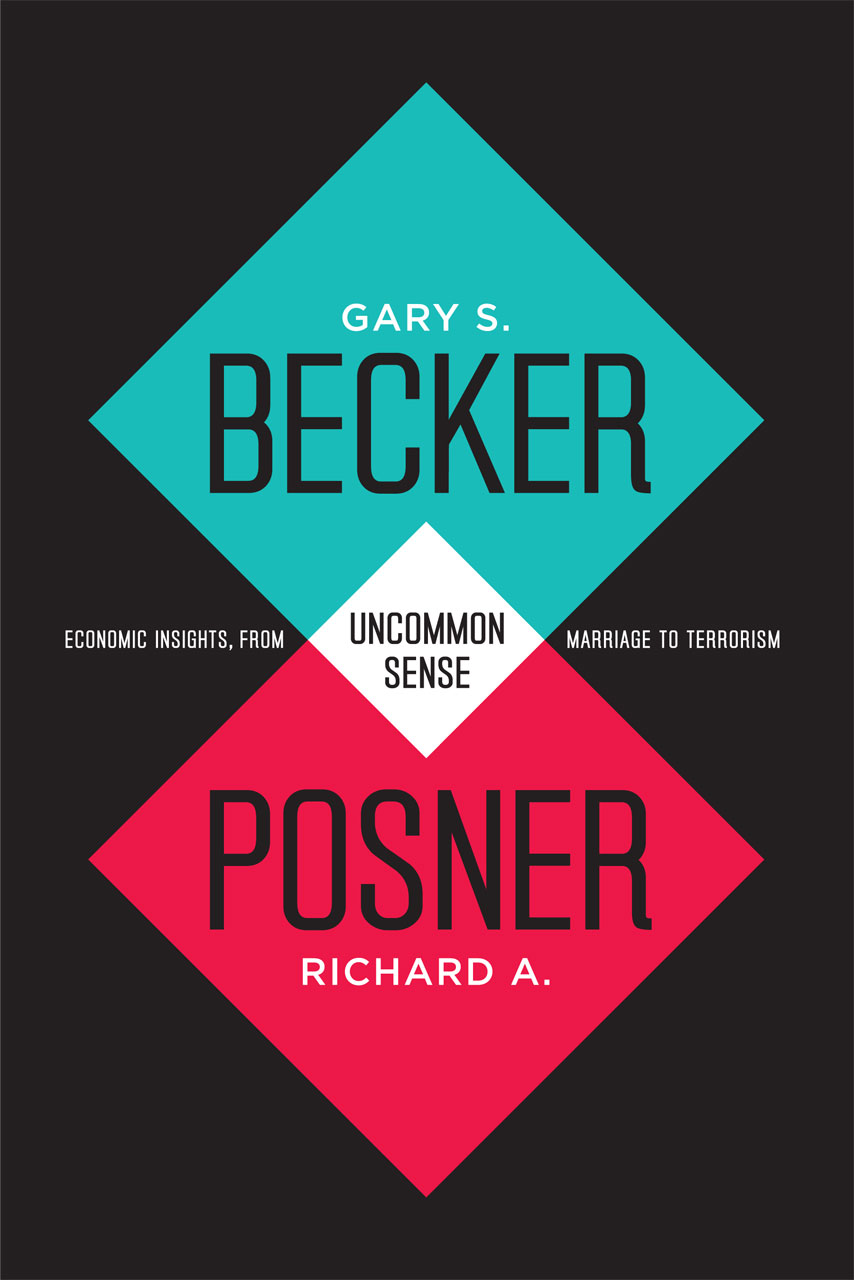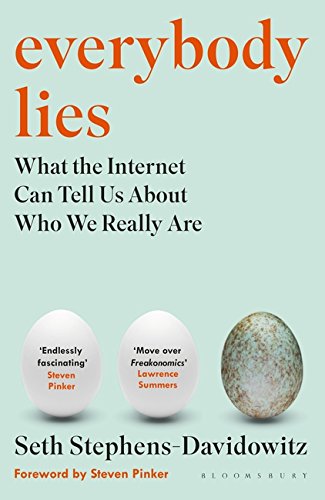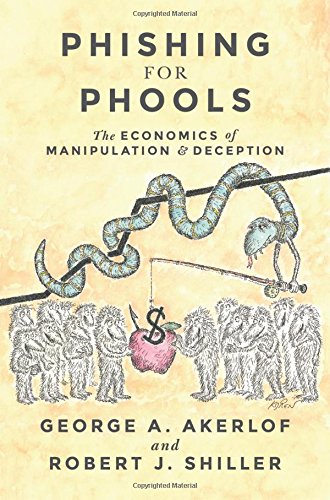Modern economics Economics is stupid, remember? It is modeled on ridiculous assumptions like perfectly rational egotistical actors, or efficient and fully transparent markets. It exists in an intellectual bubble where even the most relevant developments made in other fields are dismissed as mere “externalities” unworthy of recognition within economic theory. And it simply does not work, because it provides economists with almost no capability to predict the future development of a market or society, to calculate the effect of a new policy, or to prevent the next crisis. Fortunately, economists start to see it the same way. Doughnut Economics by Kate Raworth pictures a way towards a modern, sensible economic theory. I may be a bit unfair, and there certainly is more to economics than stupid ways to put a price on things. Nevertheless, one central question has always been how to measure or evaluate alternatives, be it on individual or governmental level. And regardless of the particular method of measurement, the “better” choice is defined as the one that yields “more”. More money, more GDP, more status. Economics expects, even demands, not only growth, but ever increasing growth rates. Growth of the growth, if you will. And that can…
Review – Parkinson: The Law Disclaimer: I have read the German version of this book, which states that the original was published in 1980 as Parkinson: The Law by Houghton Mifflin Company, Boston. There seem to be different versions around. In the 1950s, C. Northcote Parkinson published his famous “law”, a half serious and half sarcastic description of the growth of bureaucracy. He found that “Work expands so as to fill the time available for its completion”, meaning that the amount of work to accomplish depends on the amount of time that can be spent to handle it, not on the complexity of that task. He explained this with human nature to preferably share work with two underlings instead of one equal partner. However, as administrators supposedly feel the need to double-check their employee’s work and have the last say, the work burden is not, in fact, reduced. That way the initial problem of work overload (due to incompetence, laziness or actual overload) is solved, but the solution creates an equal amount of new work. Parkinson stated that an administration will show a steady growth of app. 5.5% per year, and that the number of yearly hires can be calculated…
Review: – Disclaimer: the German version comes as a trilogy, and I only read the first book about macro strategists, so technically this review only applies to one third of Hedge Fund Market Wizards. – Trading is easy now. Hundreds of online brokers and trading systems contend for your attention. Each one offers lower transaction fees, more professional analysis tools, better training videos and access to more exotic underlyings than the next. Trading consistently successful, however, is actually pretty hard. Like its predecessors (Market Wizards, New Market Wizards, and Stock Market Wizards), Hedge Fund Market Wizards, contains a series of interviews with successful traders. Author Jack Schwager, himself a recognized trading expert and fund manager, sat down with some of the top hedge fund managers to discuss their personal background and strategies. There is a lot more to trading than you would initially think. Some people trade systematically (using an algorithm to decide about trades), some are discretionary (using their intuition). There are trend followers (expecting a momentary trend to continue for some time) and those who expect a trend to revert to the mean. Some analyze fundamental market data, some just look at price charts. And I’m still taking…
Review: Just over a hundred pages is a plenty for a scientific thesis or any other format that presents one particular tiny detail with maximum depth. What can we find between the just over a hundred pages of The Wealth Taboo? The history and mechanism of the global banking system, how to read a balance sheet, personal finance and common financial instruments, the proper mindset, ways to generate income (with examples from a photography business), how to get a loan, the basics of networking, entrepreneurship, portfolio theory, the mechanics of inflation and how to find your purpose. The framing story of The Wealth Taboo is about Aguirre meeting his friends (he calls them his ”little friends”) for a picnic, and generously teaching them the most basic personal finance in a way that is both jovial and patronizing. The friends (they seem to be young adults based on what they do) ask questions so imbecilic that for a long time I thought they were young children. Or dogs. Nothing in The Wealth Taboo is wrong. But none of the many topics raised by the book is explained in satisfying depth. Readers with very little financial knowledge will take away some phrases…
Review: A tall tale of market efficiency, informed choice and the quest for the right discount rate. I’ve been reading on modern economics lately. Some authors challenge dearly held economic assumptions, others use new and radical methods. Uncommon Sense is the old-fashioned kind of economics. The kinda bad kind. Becker and Posner curated a collection of their blog posts, each one written by one author with a commentary of the other. I did not check if the book content was directly taken from the author’s blog, or if some updates have been made. They muse on different topics, arranged by overarching themes, and they offer their economic and legal view on affairs. Applying economic principles to affairs things are not typically appraised by economic value is a neat idea. Bring down any decision to a sum of money that the alternatives will cost or bring in, and everything gets easy. Unfortunately, it doesn’t work all the time. Here are some examples from Uncommon Sense where I believe that the authors go awry. They never think far enough Love is transactional, remember? Becker and Posner would like to take it one step further and define marriage purely as a contractual…
Review: A good coffee should be dark, intense and rich in taste, right? That’s what you and me will tell when asked. Based on consumer research, coffee companies will create new coffee roasts that are extra dark and strong and full of flavour. Then you and me are going to completely ignore those and go buy something mild, probably with a lot of milk and sugar in it. Because everybody lies. There is a difference between action and intent. We may mean what we say, but we do not follow through. What we actually do is what we really, secretly and often subconsciously mean. That is why everybody lies. When we voice our preferences and opinions, even to ourselves, we are always feeling constraints to remove the edges, to be acceptable to others, to fit in. Even under absolutely no legal or moral restrictions we adapt our opinions to what we perceive to be the public opinion, an effect known as social desirability bias. Ultimately, Everybody Lies is a book about Big Data, and about revealing the truths by mining it. Stephens-Davidowitz brings colorful anecdotes from horse races, political campaigning, sex, marketing and other fields to illustrate the power and…
Review Apparently, a good portion of current economic theories and models are based on an idealized model of the free market, where consumers and companies have access to complete market information and only make rational decisions. As a scientist, I believe that models should describe reality in a simplified manner. Models can contain a fair amount of idealization (physicists have their pockets full of infinite rods and frictionless springs), but they are only useful if they allow predictions that can be verified in empirically. So let’s get back to the free market and look if everybody is rational and informed. Have you ever bought something you immediately regretted buying? Have you ever bought something and then found it cheaper somewhere else literally five minutes later? I did. How shocking! Sometimes, new paradigms of economic theory seem banal for normal people: we are paying too much for everything, because companies manipulate our information and desires, a process the authors refer to as “phishing”. Airport food is stupidly expensive, because we feel hungry after a long flight (or a long wait for the flight) and have no time to compare all alternatives. The same psychology made some savvy financial players make up…
